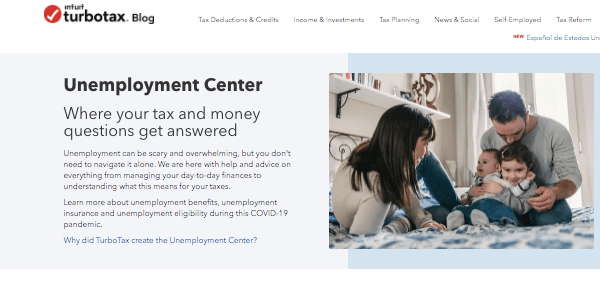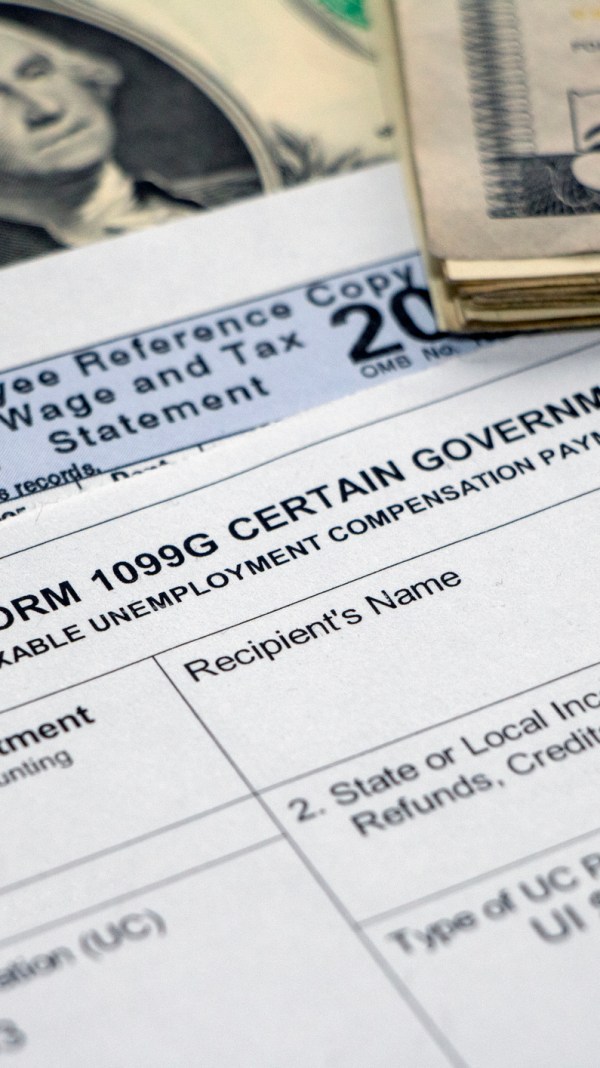As of November 2023, unemployment rates have changed little in America, with an estimated 6.3 million unemployed persons and the national unemployment rate at 3.7 percent due to job loss or being furloughed. These measures have shown little net movement since early 2022, and many Americans are struggling financially.
If you are receiving unemployment checks, you may be wondering, “what are the tax implications of receiving unemployment?” Here’s what you need to know:
How Unemployment Income is Taxed
Typically, unemployment income is taxable and should be included in your income for the year, especially if you have any other income. Some states also count unemployment benefits as taxable income.
When it’s time to file your taxes, you will receive Form 1099-G which will show the amount of unemployment income you received. Form 1099-G will also show any federal taxes you had taken out of your unemployment pay.
Tax Tips for People Receiving Unemployment Income
- Adjust your withholdings. Once you are able to find a job, take your unemployment income into account when you are filling out a W-4 withholding certificate for your employer. This is especially important if you didn’t have federal taxes withheld from your unemployment income.
- Take out federal taxes. Because unemployment income is taxable, one option is to have federal taxes taken out of your unemployment income so there are no surprises when it’s time to file your taxes. Taxpayers can choose to withhold up to 10% from unemployment benefits by filling out a Form W-4V Voluntary Withholding Request and giving it to the agency that pays their benefits. If you don’t choose voluntary withholding, or if you don’t withhold enough you can make estimated tax payments.
- Self-employed take unemployment into account when paying estimated taxes. If you are an independent contractor, side-gigger, or freelancer, keep in mind that unemployment income will be added to your net income from self-employment and may be taxable. When you get ready to pay your estimated quarterly taxes, you can also take your unemployment income into consideration if you don’t have federal taxes withheld from your unemployment.
- Take advantage of newfound credits and deductions. There are some tax credits and deductions that are based on income, which you may not have been eligible for in the past due to higher income which you may now be eligible for: A few examples are the Earned Income Tax Credit and The Saver’s Credit. In fact, the IRS says 20 percent of people miss both of these tax credits.
- Earned Income Tax Credit is a huge credit that is based on your income. If you had lower income in 2023 as a result of lost wages, you may now qualify for EITC, which can be worth $7,430 for a family with three kids.
- Saver’s Credit is a tax credit you can take just for contributing to your retirement. If you contributed to retirement in 2023 and now fall within the income thresholds to qualify for the Saver’s Credit due to lost wages, you may see a credit worth up to $1,000 if you’re single or $2,000 for married filing jointly.
- Child and Dependent Care Credit is a credit you may be able to take if you paid someone to take care of your child while you worked anytime during the year or while you looked for work, the Child and Dependent Care Credit is another tax credit that you may see more of if you had a lower income. For 2023, the credit is nonrefundable and you may claim the credit up to 35% of $3,000 in expenses ($1,050) for one child, an incapacitated spouse or parent, or another dependent so that you can work and up to 35% of $6,000 in expenses ($2,100) for families with two or more dependents.
Don’t worry about knowing these tax rules — TurboTax will ask you simple questions about you and give you the tax deductions and credits you’re eligible for based on your answers.
While unemployment can be scary and overwhelming, you don’t need to navigate it alone. We are here with help and advice on everything from managing your day-to-day finances to understanding what this means for your taxes, and you can learn more about unemployment benefits, unemployment insurance, and unemployment eligibility at the TurboTax Unemployment Center.
5 responses to “Tax Tips for Unemployment Income If You’ve Been Laid Off or Furloughed”














